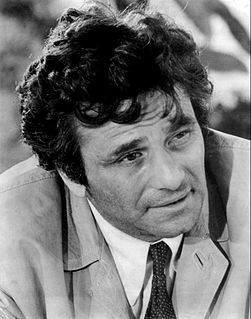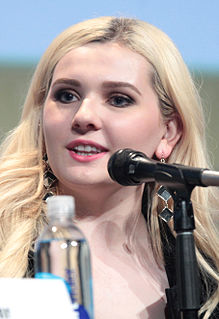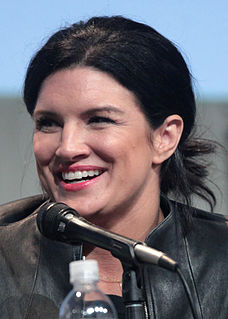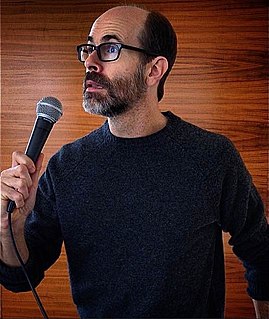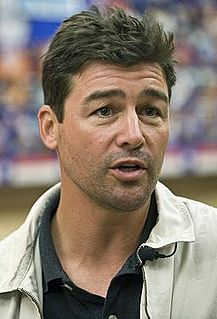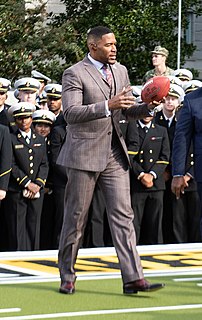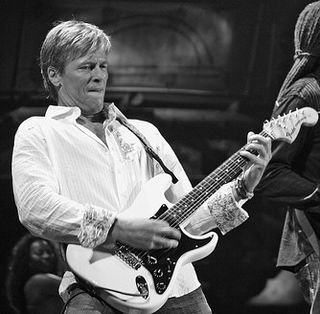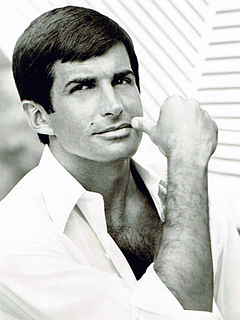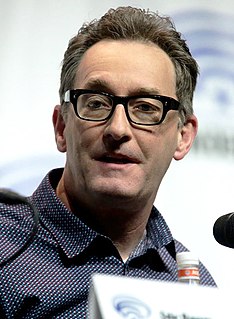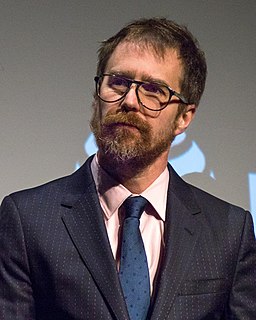A Quote by Peter Falk
There's a bit of a problem. The script that I like, the network doesn't like. The script that they like, I don't like.
Related Quotes
I will admit I am a little bit of a line fudger. I will change the line a bit to make it feel better in my mouth. That is something they'll allow you to do on 'Veep' unless it's a particular joke where they're like, 'No, it just sounds better like this.' But with a lot of network shows, the script is law; you cannot change it all.
Lego was our fourth film, because we did two Cloudys, so yeah there's a little bit of shorthand that's involved and then you can anticipate things- because for me it's like, I get a script for a movie and I go, "Wow that's a pretty good script", then you sign on and a couple months later they show you the first cut and you're like, "Whoa, how did that happen?"
I kind of went into soap opera with 'General Hospital' in the '80s. It's like theater because every day it's a new script, which really doesn't have a beginning, middle or end like a play or a movie script. So you have to be on your toes and bring it every day. And you have to be spontaneous, which is really how I like to work.
In France now, there's no problem with official censorship. Once your movie is finished, you always are R-rated. My movie is just R-rated in France. But when you meet French producers with a script like mine, they behave like the most fragile chickens in the world. They just tell you "Oh, no. You should cut this. You should cut that." And at the end you have been totally censored on the synopsis, and then on the script.
